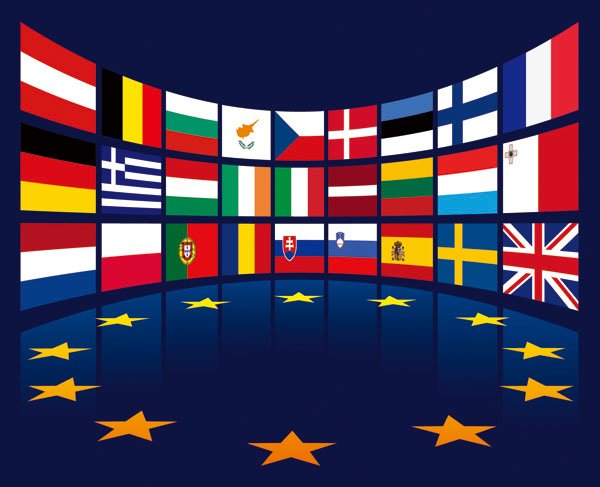Muhammad Ali
Is there a risk to ending the Schengen Agreement ?
The recent decision of some European Countries to suspend the Schengen visa temporarily to halt the flow of migrants to Europe has raised much fear over the fate of the agreement which allows free travel across Europe without visas. The Schengen Agreement covers 26 countries; including non-EU members Switzerland and Norway, and represents one of the best principles of the EU. For, besides the common currency, this Agreement has become a symbol of unity among several European countries; not to mention its massive economic benefits.
The announcement last week by Denmark and Sweden to re-impose controls on their borders has stirred fears and reservations in the EU, which failed last year to come up with a solution for the crisis of the flow of migrants. The Danish government announced last week that border security force has reintroduced measures of checking passport and I.D of the passengers travelling from Germany by trains, buses, and boats till 14 January 2016 with the possibility of extending this period.
Germany, France, Sweden, and Austria have decided last year to suspend Schengen Visa; followed by Norway that temporarily adopted the same action; yet, the decision to do the same by Denmark and Sweden came as a shock as it risks ending the Schengen Agreement.
Following the controversial announcement of Denmark of re-imposing border check-points, Germany warned against the threat imposed on Schengen by the flow of migrants and asylum-seekers across the Mediterranean coasts and the resulting security threats arising from the wars and tensions in the Middle East.
On his part, Ambassador Gamal Bayoumi, former Assistant of Minister of Foreign Affairs and the expert on economics, said that despite the importance of the Schengen Agreement, its suspension does not affect the European unity; especially that Europe has already laid down all the mechanisms enhancing such unity. Such mechanisms are represented in the free transport of goods and commodities, the common currency, the free travel of European citizens across the continent. He added that it is difficult for this Agreement to collapse most importantly because what is going on right now is just a way to crackdown illegal immigration.
Bayoumi said in a special statement that the apprehensive statements by Germany and other European countries over the potential end of Schengen came under the fear of Germany from disintegrating and collapsing as what happened after World War 2. He confirmed that Berlin believes that the European Union must go on with all its aspects present to prevent such crisis from occurring again.
The President of the European Commission, Jean-Claude Juncker, has warned against the repercussions of suspending Schengen; especially on the European economy. He added that if the border controls are re-imposed then the movement of international trade will definitely be influenced; for since the launching of the European market in mid-1990s, the flow of trade across the European countries has significantly increased from nearly $870bn to $3 trillion.
BBC News reported late last year that the business sector has revived due to lifting internal border controls among the European countries. But, with the suspension of Schengen Agreement, there will be delays from minutes to several hours, which represents a serious problem to transporters and freight forwarders with the losses expected to reach $59 per hour.
As for the fragile goods, such delays means that everyone will endure losses. The losses of this sector will mount up to $109m a year, as a result of the re-introduction of border check-points between Norway and Germany, according to the International Transport Federation. In addition, re-imposing border controls will increase the waiting times for road trips, delivery services, and crossing of passengers; increasing, in turn, the costs.


